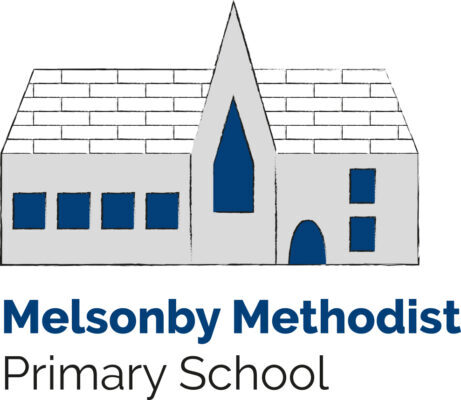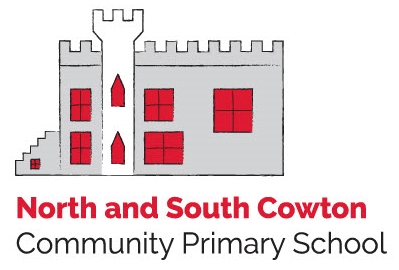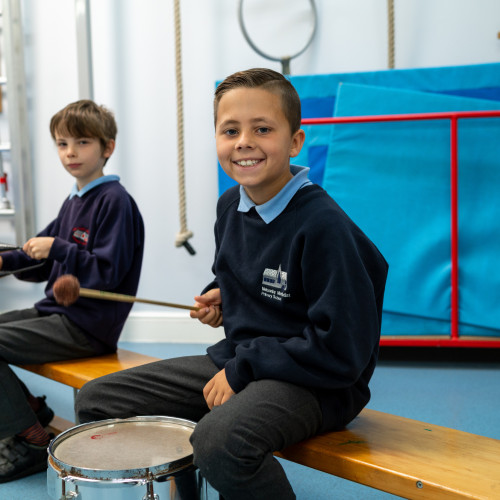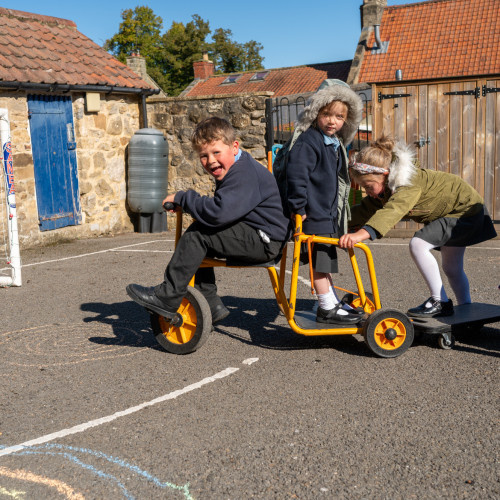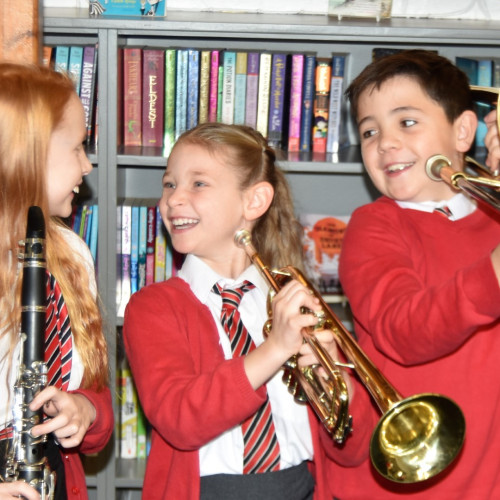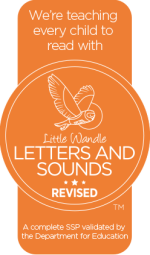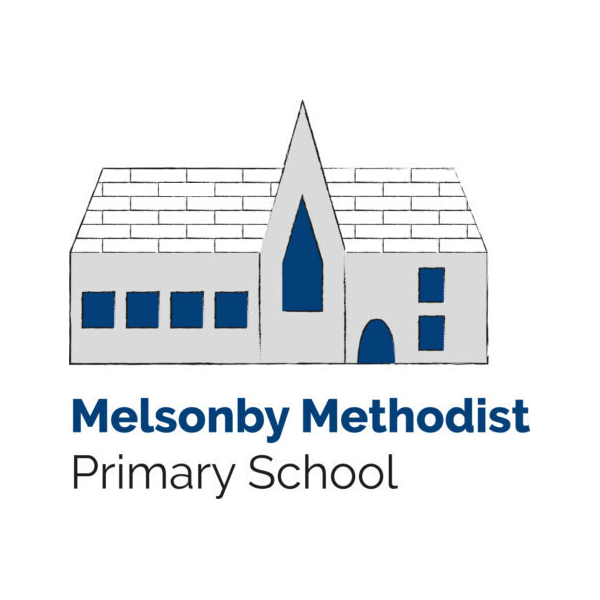
Our Curriculum
EYFS
Phonics and Early Reading
Reading
CURRICULUM OVERVIEW
Writing
Speaking & Listening
Mathematics
What is White Rose Maths?
Across the Federation, we develop a mastery approach to mathematics by using White Rose Maths. This is a comprehensive program that adopts a spiral curriculum design with carefully built-up mathematical concepts and processes adapted from the maths mastery approaches. The Concrete-Pictorial-Abstract (C-P-A) approach forms an integral part of the learning process through the materials developed for this scheme.
As part of school development, we are involved with a Mastery Maths Program that supports the delivery of the curriculum. This development provides access to resources and bespoke training that complement White Rose Maths scheme from NCETM.
KNOWLEDGE & SKILLS PROGRESSION
What is Fluency In Number?
We also recognise the importance of fluency in maths. Fluency skills in maths is about number sense and being able to select the most appropriate/efficient method for the task at hand; to be able to apply a skill to multiple contexts. The National Curriculum states that pupils should become fluent in the fundamentals of mathematics through varied and frequent practice. While a part of this is about knowing key mathematical facts and recalling them efficiently, fluency means so much more than this at it allows pupils to delve much deeper.
For learning to be retained and reactivated, pupils need opportunities for retrieval and rehearsal. Our pupils carry out daily fluency tasks designed to allow pupils time to remember, practice and secure, the learning necessary to be successful in mathematics
Science
Art and Design
Computing
Design & Technology
Geography
History
Modern Foreign Languages
Music
Physical Education
RSE & PSHE
Religious Education
